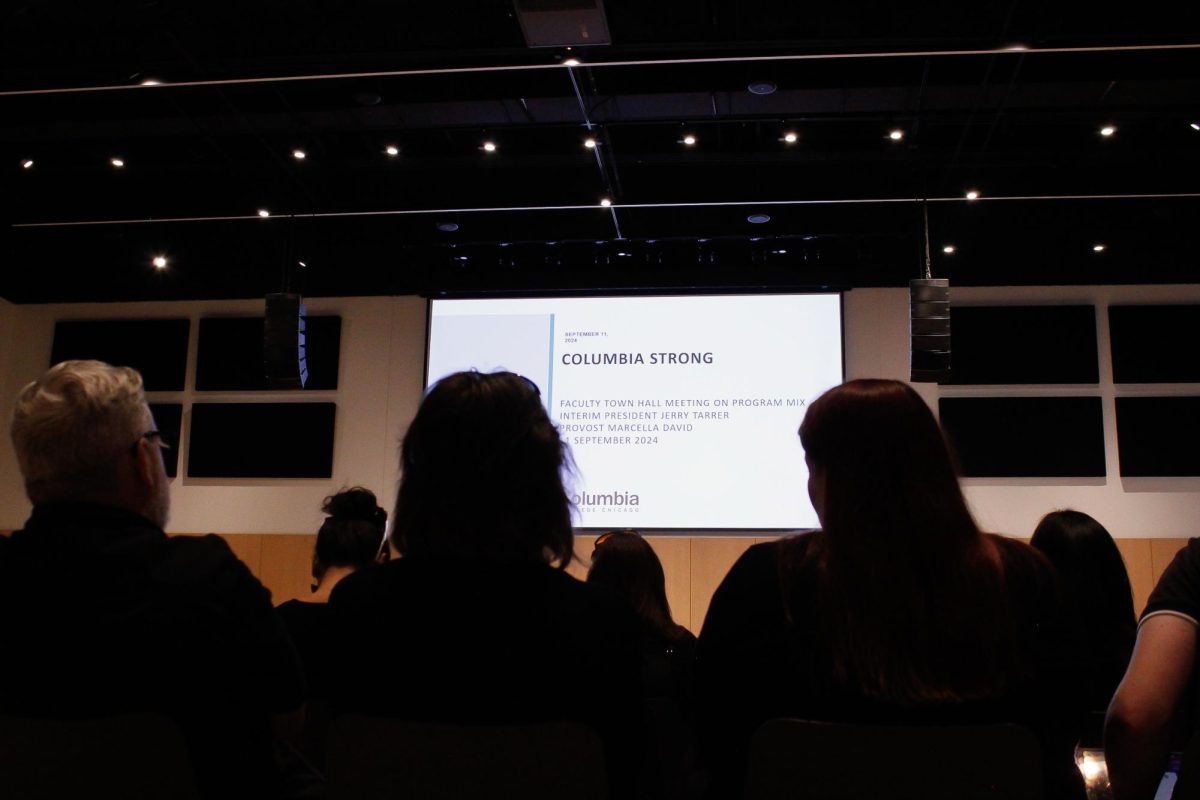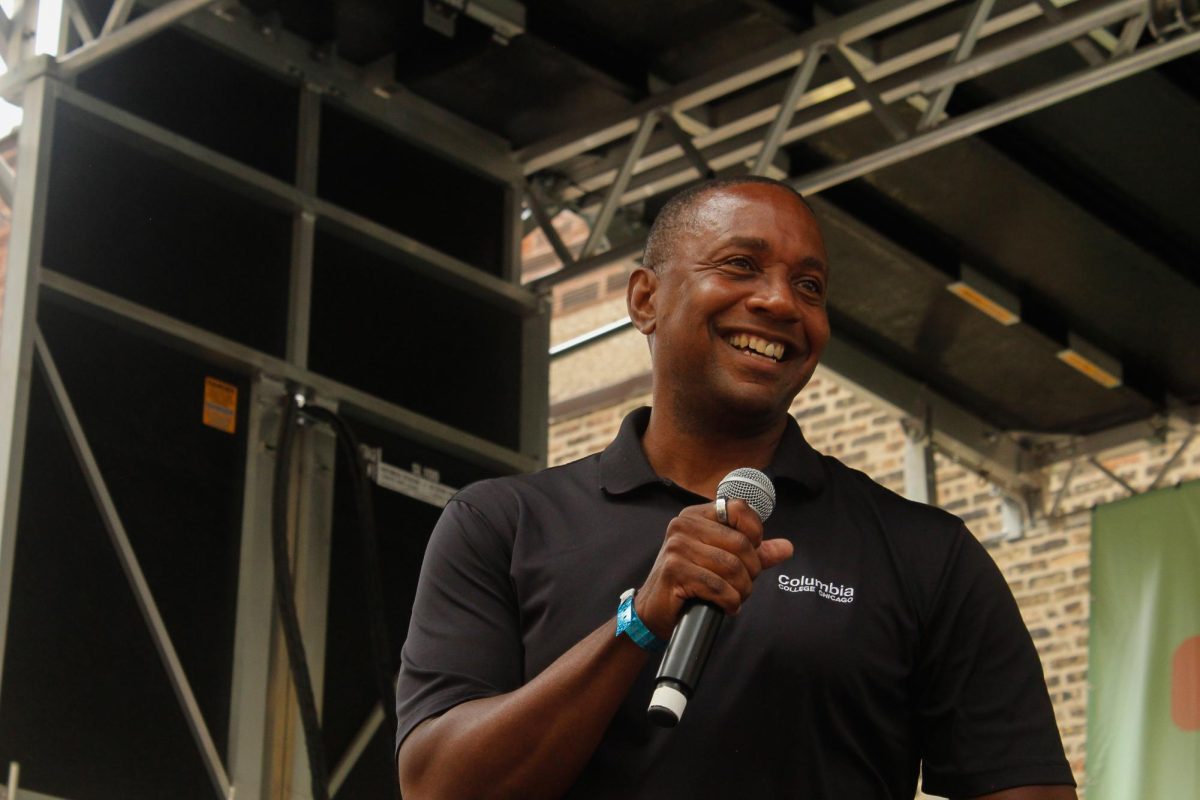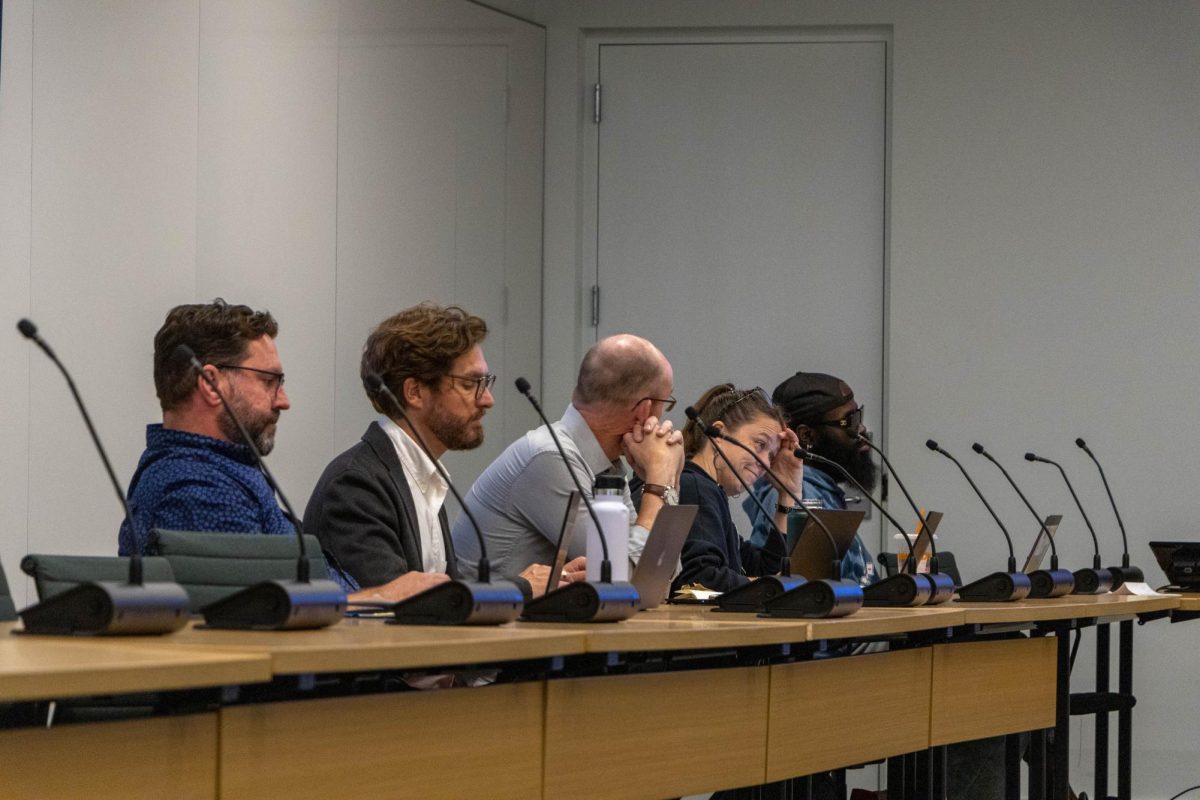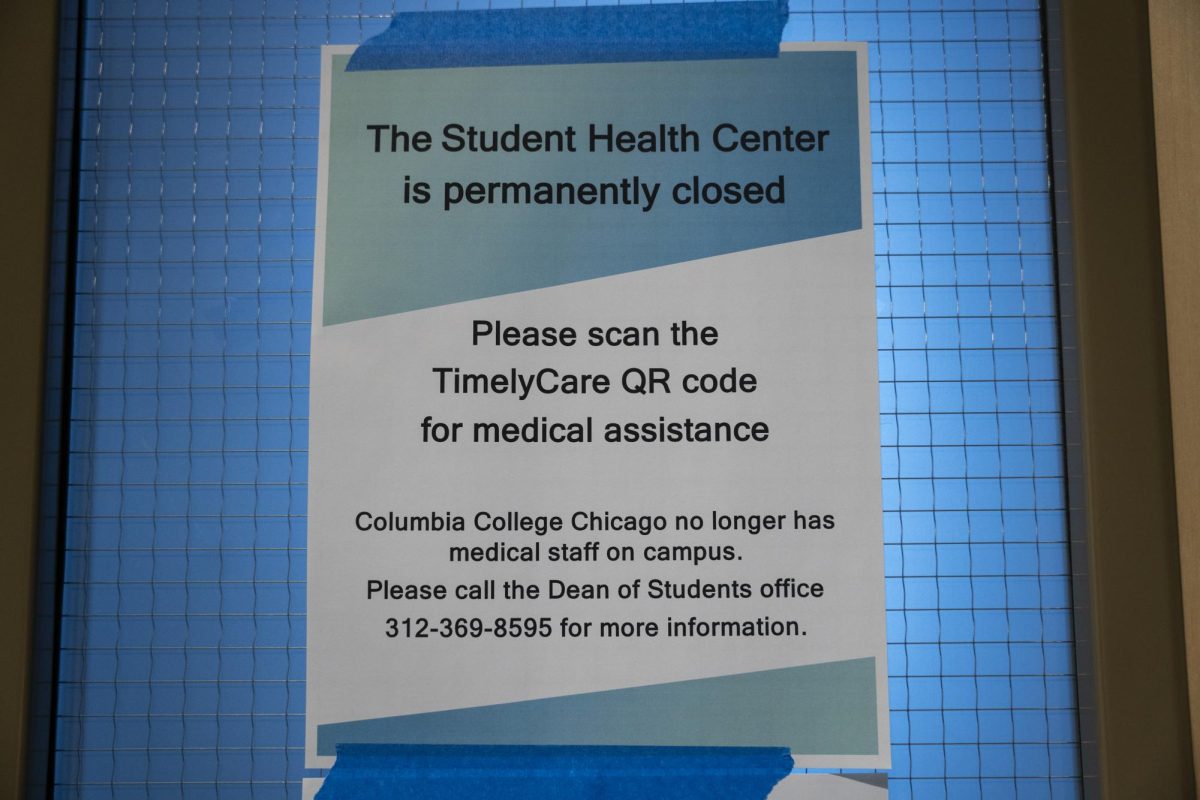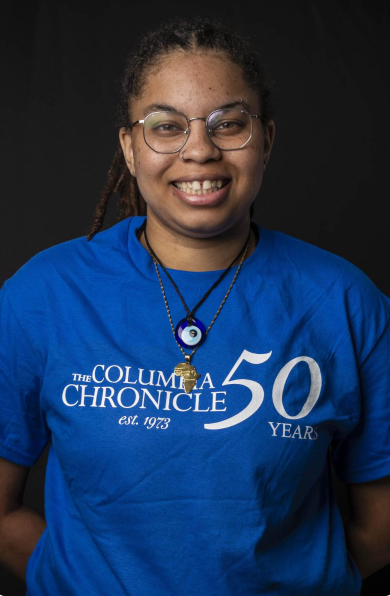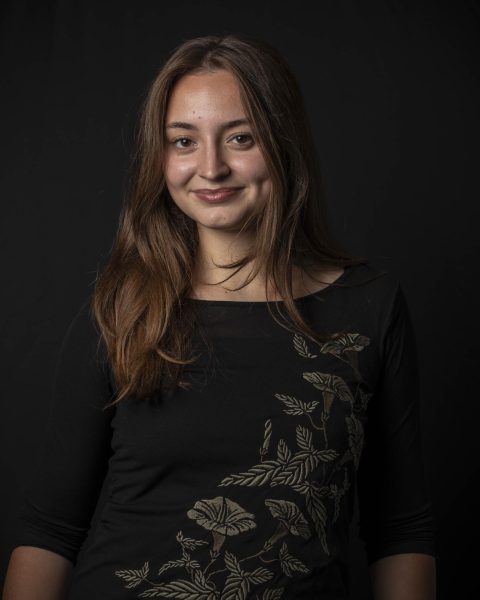Of the 18 full-time faculty members who were offered a buyout through the college’s Voluntary Separation Incentive Program, 11 have accepted but still have time to change their mind, Faculty Senate President Rojhat Avsar told the Chronicle before the Board of Trustees met on Wednesday, Aug. 14.
The college announced in June that it had offered the buyouts to select faculty in the former Science and Mathematics, English and Creative Writing, Humanities, History, and Social Sciences departments, which all merged into new schools this summer under a massive restructuring. It also offered buyouts to faculty in the former Creative Arts Therapies and Education programs, which the college announced would close in 2019.
The board was meeting for the first time for the 2024-2025 school year and was expected to review the findings of a consultant that looked at academic programs over the summer to determine if some should merge or close.
Senior Vice President and Provost Marcella David told the Chronicle that the timeline to release the findings of the consultant had not been finalized.
“We’re monitoring our situation and trying to figure out what we do next to make sure our college is fiscally healthy,” said David. “That’s the focus everybody has right now.”
Avsar, an associate professor in the new School of Communication, Culture and Society, said faculty may still have time to reverse their decision under a grace period that could vary between individuals.
Chief of Staff Laurent Pernot said that the Voluntary Separation Incentive Program was specifically aimed at faculty members who were affected by the reduction in the core curriculum from 42 to 30 credits.
As the new core is phased in this fall, the number of classes and percentage of courses taught by faculty in these three departments could decline 70% of what is needed, as the Chronicle previously reported.
In an advisory report to the board before he left Columbia, former President and CEO Kwang-Wu Kim said 11 to 13 full-time faculty could be laid off in the former Science and Mathematics, English and Creative Writing, Humanities, History, and Social Sciences departments.
Faculty in these three departments currently number 73, which would be reduced to 60 or 62.
Kim said this could be achieved through retirements, buyouts and layoffs.
Asvar said there are “a lot of unknowns” about how the college’s new structure will affect faculty and the college is in “uncharted territory” as it prepares for students to return for the fall semester.
“I’m looking forward to hearing if the recent steps taken will help the college get a better financial footing,” Avsar said.
He also noted that retirements haven’t been announced but expects some word at the faculty retreat on Aug, 16.
The Board of Trustees last met May 20 and voted to approve former Kim’s findings of “adverse circumstance,” as outlined in the “Statement of Policy. This means the college would be able to lay off full-time faculty with tenured appointments and close programs.
The college brought on a consulting firm to help with the restructuring, specifically to look at curriculum and review academic programs. The consultant, with the help of a Steering Committee, would help “identify opportunities for enhancements, re-alignment, and sunsetting and launching new programs,” according to the report.
For fiscal year 2024, which starts Sept. 1, “reductions and efficiencies will be realized in departments across the college through all advisable means at our disposal,” Kim said in the advisory report.
The college laid off 70 staff members on May 30.
In Columbia’s 2023 financial statement, the college spent $76.6 million on salaries and wages across the college. It spent $187.8 million on operating expenses in total. Columbia has been operating at a loss for the last three years, according to the college’s tax filings.
Columbia isn’t alone in dealing with fiscal challenges brought on by declining enrollment. Over 100 faculty staff and students hosted a protest at Western Illinois University last week ahead of a vote by the Board of Trustees to lay off an unspecified number of faculty.
Avsar said Columbia’s Faculty Senate will work this year to bring proposals to the table that address faculty concerns about the new school structure.
“We’d like to have a constructive year,” Avsar said. “We’re building a better sense of community.”
Copy edited by Doreen Abril Albuerne-Rodriguez
Resumen en Español:
De los 18 profesores de tiempo completo a quienes se les ofreció un acuerdo de rescisión voluntaria a través del Programa de Incentivos de Separación Voluntaria del colegio, 11 lo han aceptado, aunque aún tienen tiempo para cambiar de opinión, informó el Presidente del Senado Académico Rojhat Avsar al Chronicle antes de la reunión de la Junta de fideicomisarios del miércoles 14 de agosto.
El colegio anunció en junio que había ofrecido los acuerdos a profesores seleccionados de los antiguos departamentos de Ciencias y Matemáticas, Inglés y Escritura Creativa, Humanidades, Historia y Ciencias Sociales, que se fusionaron en nuevas escuelas este verano como parte de una reestructuración masiva. También ofreció acuerdos a profesores de los antiguos programas de Terapias de Artes Creativas y Educación, que el colegio anunció que cerraría en 2019.
Resumen por Doreen Abril Albuerne-Rodriguez











